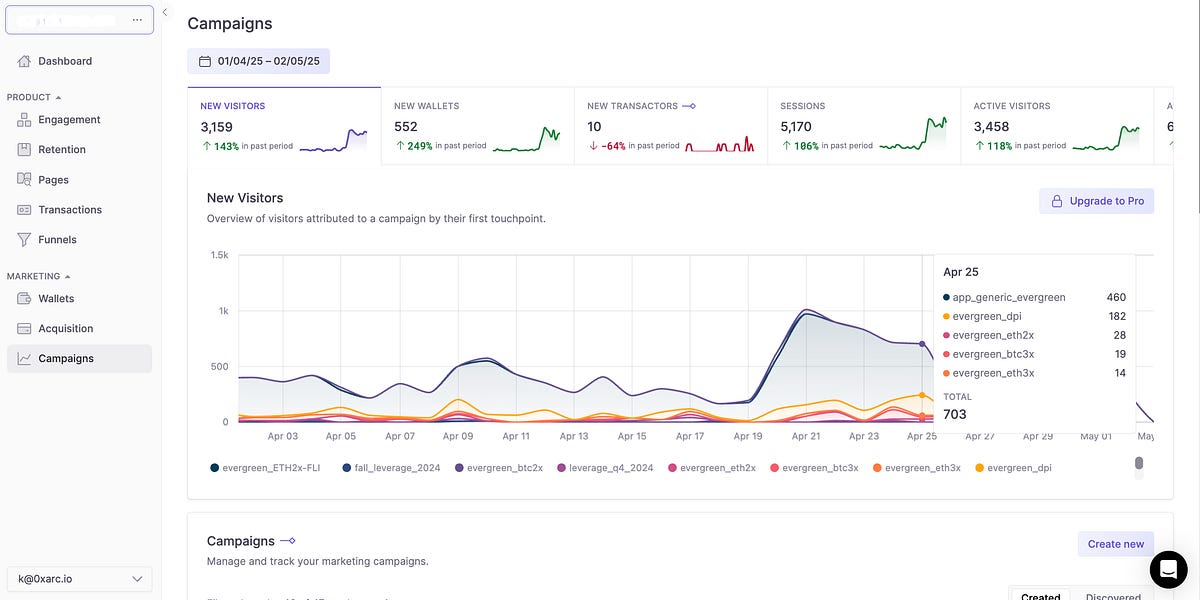Web3, a catch-all term for the vision of a better internet, is fast gaining traction. At its core, this new iteration of the internet uses blockchains, cryptocurrencies, and NFTs to give power back to users. However, this rapid growth has begun to capture the regulator’s attention.
The next billion users of Web3 will need to be KYC-compliant to take full advantage of the ecosystem. KYC, or know-your-customer, is a process of verifying the identity of a user by collecting and confirming the user’s personal information. KYC has been used for decades in traditional financial settings. However, it has been a challenging prospect in a decentralized world.
KYC confirms that users are whom they say they are and holds them accountable for their actions, making it a critical component of any Anti-Money Laundering (AML) or Countering Financing of Terrorism (CFT) services. But how do we do this in a decentralized scenario?
Astra Protocol is a platform that aims to provide a range of regulatory tools for crypto applications, ensuring decentralized platforms can meet financial compliance standards in the Web3 industry without compromising the users’ security or anonymity. Cryptographic techniques make it possible to confirm that a user is verified without revealing personal information or storing it on-chain, something no centralized service can achieve.
The project is preparing to launch its token ASTR, an integral part of Astra protocol, which allows platforms to receive access to its KYC services.
The ASTR token will be made available to the public for the first time on November 11th. This long-awaited debut will be on Tokensoft, a fair-launch platform for Web3.
Tokensoft offers a secure and scalable solution for token sales to help crypto projects enter the market. The launchpad has an excellent track record, having raised more than $1 billion in token sales and creating over $18 billion in combined market cap. Tokensoft helped Avalanche to raise $42 million in just over 4 hours and helped Tezos to a record-breaking $232 million ICO.
Soon after the Tokensoft launch, the ASTR token will be available on other major exchanges.
A Decentralized Compliance Layer
The Swiss-based project is founded by a team of technology visionaries who have been active in the blockchain space since 2013, investing in patents and scaling businesses in sectors from gaming to the BioMed space.
Co-founders Damien O’Brien, the Executive Chairman, Director Jez Noah Ali, and Arthur Ali, who handles the Treasury, recognize the need for compliance in blockchain and see the market potential. Yet, at the same time, they are aware of the need for long-term sustainability within the industry.
Now, they are building this leading decentralized KYC platform for DeFi and Web3 to help bring compliance to the crypto community.
DeFi, as we know, is already bearing the brunt of regulation in various regions. And thanks to Astra, a decentralized legal layer, DeFi protocols can now comply with laws without compromise.
The application brings the financial regulatory standards of over 155 countries and more than 300 sanctions and watchlists to the crypto industry, all without sacrificing anonymity.
The platform is supported by a professional service layer called the Decentralized Legal Network (DLN), an ecosystem of major, global legal and audit firms to provide decentralized regulatory services, including KYC, KYB, and on-chain identity verification. Meanwhile, their plug-in technology ensures that the crypto industry has the proper mechanisms to comply with financial AML and KYC standards.
By providing these features, Astra will act as a tool to resolve real-world compliance issues using the expertise of trusted legal firms. While doing so, Astra preserves all users’ anonymity and remains decentralized so that DeFi continues to flourish.
Making Strong Progress
Republic, Huobi, Tokensoft, and KPMG, are some notable investors backing the Astra team to build and evolve its compliance layer. These significant partners believe Astra’s solution is key to helping DeFi become mainstream.
During the bear market of 2022, Astra remains focused on developing and continues hiring professionals. In addition, Kirstjen Nielsen, who once ran the U.S. Department of Homeland Security, joined Astra Protocol as a strategic adviser in the first half of this year.
The one-time deputy chief of staff for Trump’s White House is helping the platform with funding, cybersecurity, and compliance strategies. Nielsen said, “What we have been missing in DeFi is a layer of trust. Astra’s decentralized legal layer will assure regulatory compliance and enable efficient and fair dispute resolution”.
Nielsen arrived on the heels of Mick Mulvaney, Trump’s former budget head and acting Chief of Staff, advising Astra on its interactions with the U.S. government.
A few months back, Phil Hogan, who served as the European commissioner for trade, joined the advisory board of the Astra protocol as an executive adviser. The project aims to take advantage of Hogan’s experience in the European Commission and international relations for strategic guidance in partnerships to drive growth to the DeFi industry.
As a leader in the space, Astra is poised to announce more major partnerships with institutional organizations as it gets ready to launch the ASTRA token to the public in early November, for which registrations are currently open.
Carolyn Coley is a blockchain reporter. She joined Smartereum after graduating from UC Berkeley in 2018.
Read More: news.google.com









 Bitcoin
Bitcoin  Ethereum
Ethereum  Tether
Tether  XRP
XRP  Solana
Solana  USDC
USDC  Dogecoin
Dogecoin  Cardano
Cardano  TRON
TRON  Lido Staked Ether
Lido Staked Ether  Wrapped Bitcoin
Wrapped Bitcoin  Sui
Sui  Chainlink
Chainlink  Avalanche
Avalanche  Stellar
Stellar  LEO Token
LEO Token  USDS
USDS  Wrapped stETH
Wrapped stETH  Shiba Inu
Shiba Inu  Toncoin
Toncoin  Hedera
Hedera  Bitcoin Cash
Bitcoin Cash  Hyperliquid
Hyperliquid  Litecoin
Litecoin  Polkadot
Polkadot  WETH
WETH  Binance Bridged USDT (BNB Smart Chain)
Binance Bridged USDT (BNB Smart Chain)  Monero
Monero  Bitget Token
Bitget Token  Ethena USDe
Ethena USDe  Pi Network
Pi Network  Coinbase Wrapped BTC
Coinbase Wrapped BTC  Wrapped eETH
Wrapped eETH  WhiteBIT Coin
WhiteBIT Coin  Pepe
Pepe  Bittensor
Bittensor  Dai
Dai  Aptos
Aptos  sUSDS
sUSDS  OKB
OKB  Uniswap
Uniswap  BlackRock USD Institutional Digital Liquidity Fund
BlackRock USD Institutional Digital Liquidity Fund  NEAR Protocol
NEAR Protocol  Ondo
Ondo  Aave
Aave  Gate
Gate  Cronos
Cronos  Internet Computer
Internet Computer